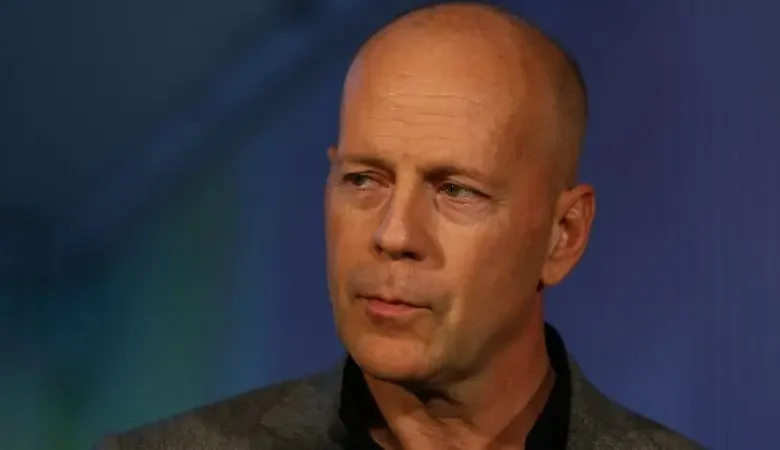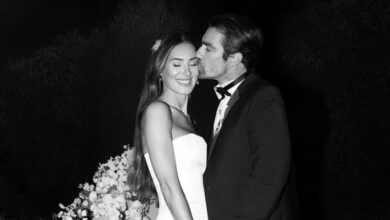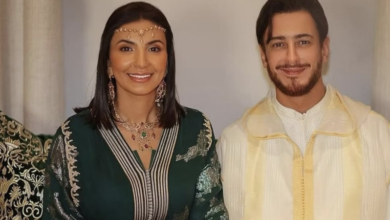Bruce Willis speaks on camera for the first time since dementia diagnosis

Bruce Willis, the iconic star of Die Hard, Pulp Fiction, and The Sixth Sense, has spoken on camera for the first time since his family announced his diagnosis of frontotemporal dementia (FTD) last week.
In an exclusive interview with Entertainment Tonight, Willis opened up about his condition, which affects his speech, behavior, and personality. He said he was grateful for the support of his family, friends, and fans, and that he was determined to fight the disease.
“I’m not going to let this stop me from living my life,” Willis said. “I still have a lot of things I want to do, a lot of stories I want to tell, a lot of people I want to help. I’m not giving up.”
Willis revealed that he first noticed something was wrong when he started having trouble finding words and expressing himself. He said he initially thought it was stress or fatigue, but after consulting with his doctors, he learned that he had aphasia, a symptom of FTD that causes difficulties with language.
“Words are my tools, my weapons, my friends,” Willis said. “To lose them was devastating. But I learned to adapt, to communicate in other ways, to use gestures, pictures, music. Anything that can help me connect with others.”
Willis said that his aphasia progressed to FTD, a group of brain disorders caused by progressive nerve cell loss in the frontal and temporal lobes of the brain. He said he was shocked and scared by the diagnosis, but also relieved to have a clear explanation for his symptoms.
“FTD is a cruel disease, but it’s not a death sentence,” Willis said. “There are treatments, therapies, research, hope. I’m lucky to have access to the best medical care, but I know many others are not. That’s why I want to use my voice, while I still can, to raise awareness and funds for FTD research and support.”
Willis said he was inspired by other celebrities who have shared their struggles with dementia, such as Wendy Williams, who has the same form of FTD as Willis, and Gene Wilder, who had Alzheimer’s disease. He said he hoped his interview would help break the stigma and silence around dementia, and encourage others to seek help and support.
“I’m not ashamed of having dementia,” Willis said. “It’s not my fault, it’s not my choice, it’s not my identity. It’s just a part of me, like my scars, my wrinkles, my bald head. It’s what makes me Bruce Willis.”
Willis thanked his fans for their love and prayers, and said he was touched by the messages and tributes he received from his co-stars and colleagues. He said he was especially grateful for his family, including his ex-wife Demi Moore and their three daughters, Rumer, Scout, and Tallulah, who have been by his side throughout his journey.
“They are my angels, my heroes, my everything,” Willis said. “They have been so supportive, so understanding, so patient, so loving. They make me laugh, they make me cry, they make me feel alive. They are the reason I wake up every morning, the reason I fight this disease, the reason I hope for a cure.”
Willis said he was optimistic about his future, and that he still had many projects and plans in the works. He said he was working on a memoir, a documentary, and a charity foundation, as well as several movies and TV shows. He said he was not afraid of losing his memory, his personality, or his identity, because he knew they were preserved in his work and in his loved ones.
“I don’t know what tomorrow will bring, but I know I’m not alone,” Willis said. “I have my family, my friends, my fans, and my faith. I have a legacy, a purpose, a mission. I have a life worth living. And I’m going to live it to the fullest.”










